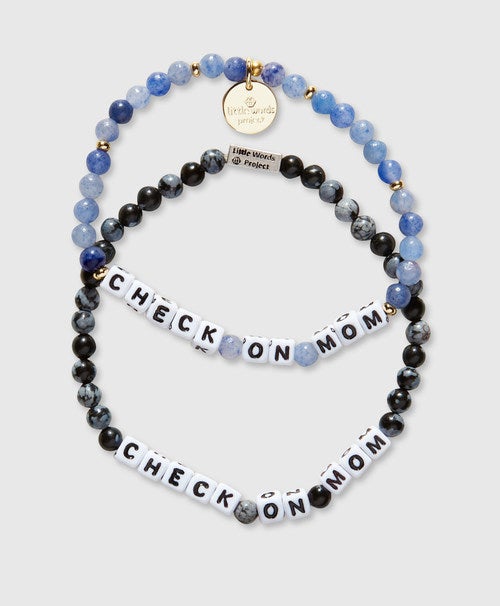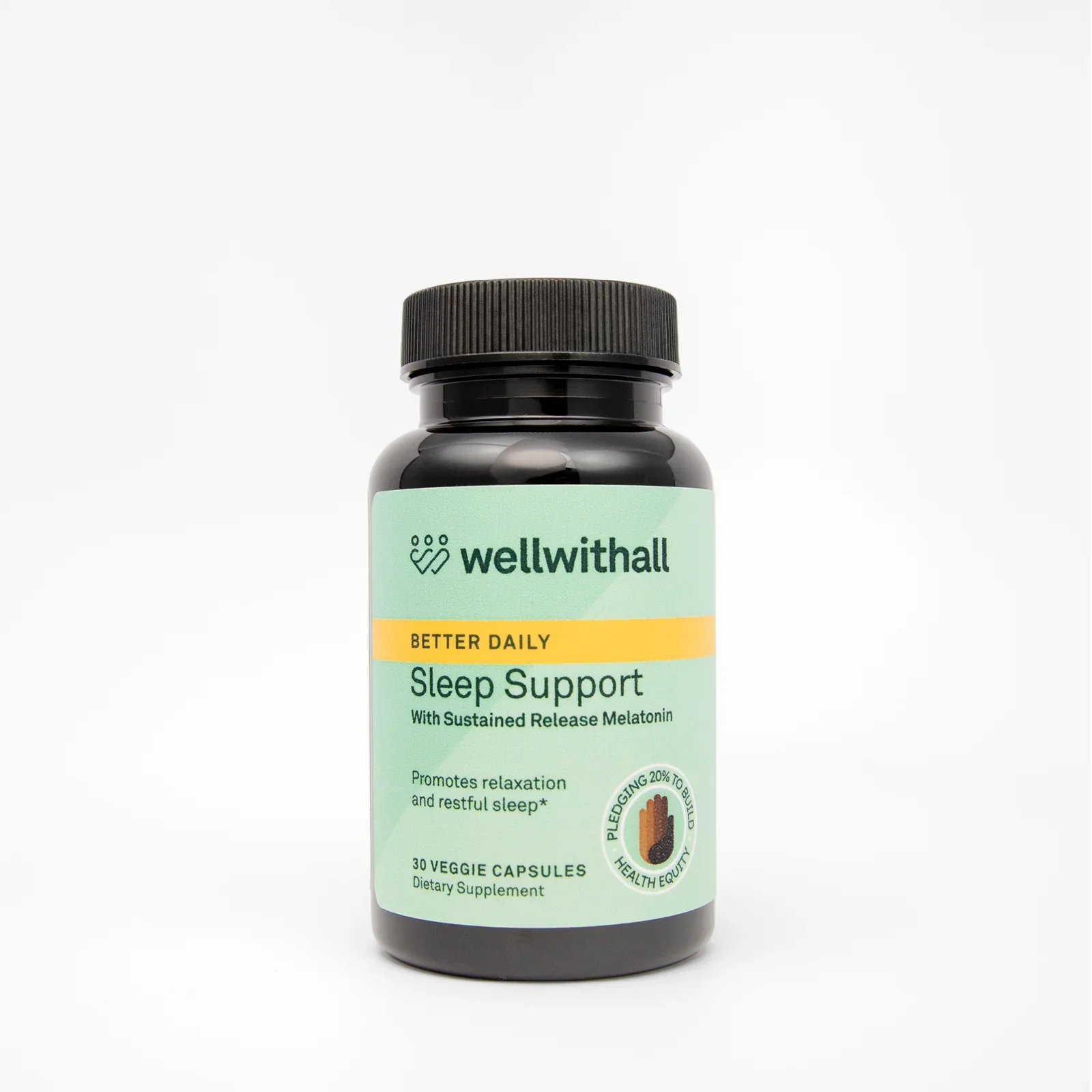
We’ve all heard about a birth plan, which is an outline of how you want things to play out during your labor and delivery. But how many expectant moms prepare a plan for how they’re going to tackle the significant emotional changes that can occur in the fourth trimester? Not many.
The first 12 weeks after a woman gives birth is a very important time, but according to a survey done in a partnership between nonprofit HealthyWomen and biopharmaceutical company Sage Therapeutics, Inc., only 21 percent of the pregnant women surveyed put together a plan of action for the postpartum period, while 76 percent created a birth plan. One in four said they didn’t have the tools necessary to deal with the mental health challenges that occurred after their child was born. Another one in four people who were surveyed and provide support to new moms said they couldn’t actually differentiate between “baby blues” and signs of full-blown postpartum depression. And Black women surveyed reported that they ended up dealing with these changing emotions, alongside more pressure to do everything on their own when compared to their white counterparts.
We’re all prepping and planning for the birth and rearing of our babies, but not many of us are making arrangements to be ready for the way things may change after we deliver. It’s time to do something about that. It’s why Sage Therapeutics has created and recently launched a new maternal mental health support program called Check on Mom. It aids new and expectant moms in crafting a maternal mental wellness plan ahead of and after giving birth. That includes identifying a group of trusted loved ones, a “mom team,” who can be of support through the postpartum period and recognize symptoms of postpartum depression.

“I see how feelings of isolation and depression can have a ripple effect on the entire family. That’s why I work with programs like Check on Mom,” says Ashley Randolph, the Sacramento-based founder of the organization GLO Preemies and co-founder of the Alliance for Black NICU Families. She believes programs like this are essential, as her own experience of feeling without support during the postpartum period inspired the work she does to be there for families with babies in the NICU.
“After a tough pregnancy with my first son – he was born premature and needed extra care – I felt isolated and alone,” she tells ESSENCE. “Luckily, a close friend of mine helped me find connections to community assistance and support groups. It was this support and sense of community that helped me adjust to the changes that come with being a new mom and I want to make sure other moms don’t have to go through what I did.”
That inspired Randolph to create GLO Preemies, which aims to offer continuous, complete care for Black families in low-income communities through a program meant to be with them from the NICU until their child is 18 years old. The Alliance for Black Families also works to set about infrastructural change for Black NICU families through policy changes and family assistance grants.
“Being able to lean into a support system allows a woman to focus on what really matters – her baby and her mental health and well-being,” she says. “Preparing for the first 12 weeks after the baby is born, otherwise known as the fourth trimester early, before you’re in “it,” is important.”
It has been her mission for years to be of assistance for moms for those 12 weeks and more, and she’s glad to work with a program like Check on Mom to do the same.







“Check on Mom offers helpful tools and resources to surround mom with the support she needs during the fourth trimester and beyond so she doesn’t have to go it alone,” she says. “It’s so important to have programs like Check on Mom as well as GLO Preemies, which helps Black mothers feel secure and supported.”
In addition to helping moms craft a maternal mental wellness plan and a “mom team,” Randolph says there are resources available through MyCheckonMom.com, including inspirational content and “a welcoming community” to help moms be at their best in the fourth trimester and every day after. And the campaign also includes a bracelet that spells out “Check on Mom” to be a wearable reminder that support is available whenever mothers need it.
“It’s never too early in your pregnancy to start thinking about your mental health.”






